 On
Thursday, Earth Day 2021, the Senate Agriculture Committee unanimously
approved by voice
vote
the Growing Climate Solutions Act of 2021 (S. 1251), which would expand
voluntary agricultural carbon sequestration
markets
under private control.
On
Thursday, Earth Day 2021, the Senate Agriculture Committee unanimously
approved by voice
vote
the Growing Climate Solutions Act of 2021 (S. 1251), which would expand
voluntary agricultural carbon sequestration
markets
under private control.
“On Earth Day, our committee came together in a bipartisan way to pass the Growing Climate Solutions Act,” said Sen. Debbie Stabenow (D-Mich.). “This brings us one step closer to providing more opportunities for farmers and foresters to lead in addressing the climate crisis and also benefit from new streams of income.”
The legislation was introduced by Stabenow and Mike Braun (R-Ind.) with the support of the biggest corporations in industrial agriculture, including Cargill, Bayer, McDonald’s, Archer Daniels Midland, General Mills, and Syngenta, as well as Big Ag lobbying groups like the American Farm Bureau and the US Chamber of Commerce. Corporate-funded-and-allied environmental organizations like the Center for Climate and Energy Solutions, Climate Leadership Council, and the Environmental Defense Fund are also supporting the bill.
Agribusiness has contributed $2,546,199 to Stabenow and $367,483 to Braun over their careers.
The bill now has 42 co-sponsors in the Senate, ranging from climate hawk Sen. Sheldon Whitehouse (D-R.I.) to climate denier Tommy Tuberville (R-Ala.).
Companion legislation was introduced yesterday in the House of Representatives by Reps. Abigail Spanberger (D-Va.) and Don Bacon (R-Neb.). Agribusiness has contributed $198,675 to Spanberger and $478,040 to Bacon over their careers.
Other original co-sponsors of the House bill are Reps. Chellie Pingree (D-Maine), Elise Stefanik (R-N.Y.), Ben Ray Luján (D-N.M.), Jeff Fortenberry (R-Neb.), Paul Tonko (D-N.Y.), Jim Baird (R-Ind.), John Katko (R-N.Y.), and Josh Harder (D-Calif.).
Advocates for small farmers, sustainable agriculture, and aggressive climate action criticized the legislation. In 2020, the Institute for Agriculture and Trade Policy’s Tara Ritter explained how the bill works:
Although farmers should be incentivized to adopt practices that boost resilience and sequester carbon, carbon markets have a failed and wasteful track record compared to public investments in proven conservation programs. This bill would tee up a framework incentivizing false solutions to climate change that benefits private companies over farmers. . .
Voluntary carbon markets are privately-run schemes that pay farmers for carbon sequestered in their soils to generate carbon credits. Then, the company running the carbon market sells those credits to other companies or individuals interested in reducing their carbon footprint. Companies such as Indigo Ag and Nori are starting up voluntary carbon markets, claiming that they will increase farm profits while addressing climate change, all without imposing government regulations on farmers. Yet, Indigo Ag also plans to sell farmers proprietary seed coatings and collect farm data, raising questions of who will benefit most. Unsurprisingly, some of the biggest backers of these schemes are large agribusiness companies, including ADM, Bunge, Cargill and more, that will be able to generate, buy and sell carbon credits to boost their profits and greenwash their own operations.
The Growing Climate Solutions Act sets up a weak verification system for the markets. The system relies on third-party entities to both provide technical assistance and verify the carbon credits. Allowing an entity to both consult on best practices and certify adherence to those practices could lead to conflicts of interest. In addition, verifying entities may self-register in the program simply by notifying USDA that they will “maintain expertise in and adhere to the standards published.” This type of self-reporting will almost certainly be abused, and without strict enforcement it will weaken the results of already flawed carbon markets.
Jason Davidson, Senior Food and Agriculture Campaigner for Friends of the Earth, responded to the committee’s approval of the bill:
We already have policies that will help farmers enhance soil health, protect biodiversity, and combat the climate crisis without perpetuating environmental injustice. Carbon markets have failed to reduce emissions and failed to provide opportunities for America’s family farmers.
Ecologically regenerative farming should be incentivized in addition to, and not instead of, carbon reductions in the energy sector. We should increase incentives for organic transition and heavily invest in existing successful USDA conservation programs while retooling them to help producers sequester carbon. Congress should support existing USDA technical assistance programs rather than outsource them to polluting agribusiness giants like Bayer. Family farmers should be supported in these efforts with structural reforms that ensure fair markets and fair prices, rather than creating more false promises of new markets that will predominantly benefit Big Ag.
“There are better bills on the table to meet the goals of maximizing soil carbon sequestration and reducing emissions from agriculture,” Ritter wrote, “including Representative Chellie Pingree’s (D-Maine) Agriculture Resilience Act and Senator Cory Booker’s (D-N.J.) Climate Stewardship Act.”
 Today, Sen. Ed Markey (D-Mass.) and Rep. Alexandria
Ocasio-Cortez (D-N.Y.) are introducing the
Today, Sen. Ed Markey (D-Mass.) and Rep. Alexandria
Ocasio-Cortez (D-N.Y.) are introducing the 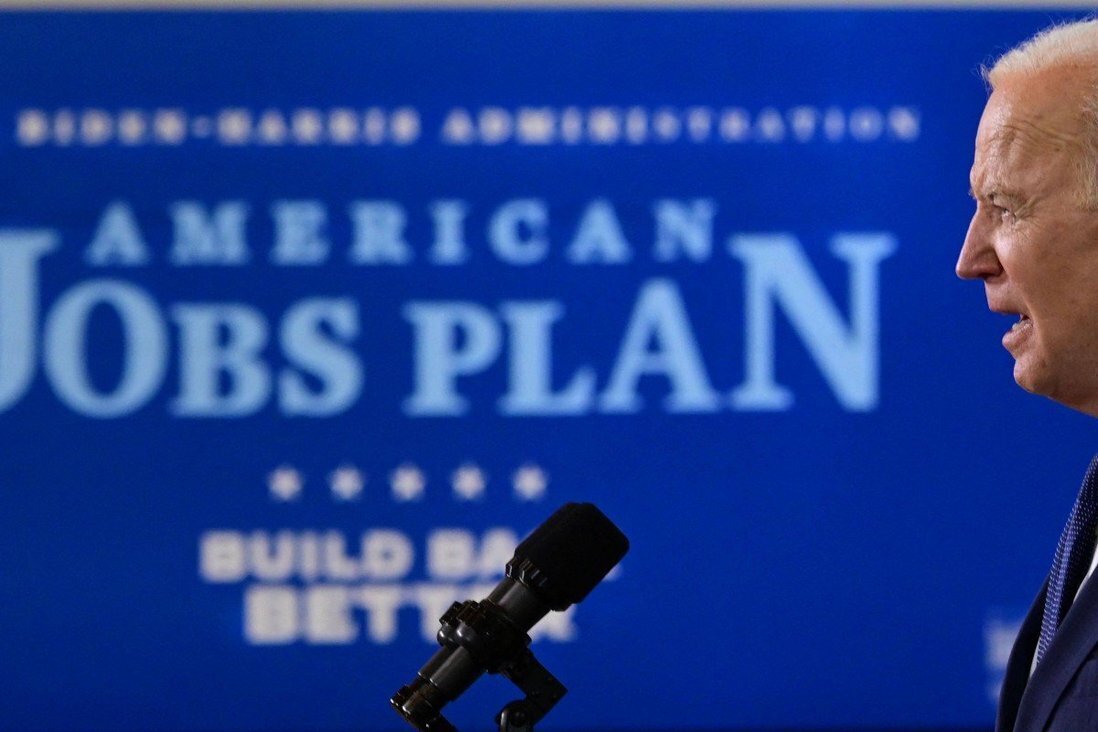 Table
modified by Hill Heat from the
Table
modified by Hill Heat from the  Today, the White House announced the
Today, the White House announced the
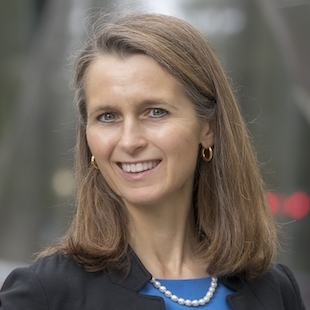 Catherine
Wolfram, a leading energy economist, has joined the Department of
Treasury as the
Catherine
Wolfram, a leading energy economist, has joined the Department of
Treasury as the 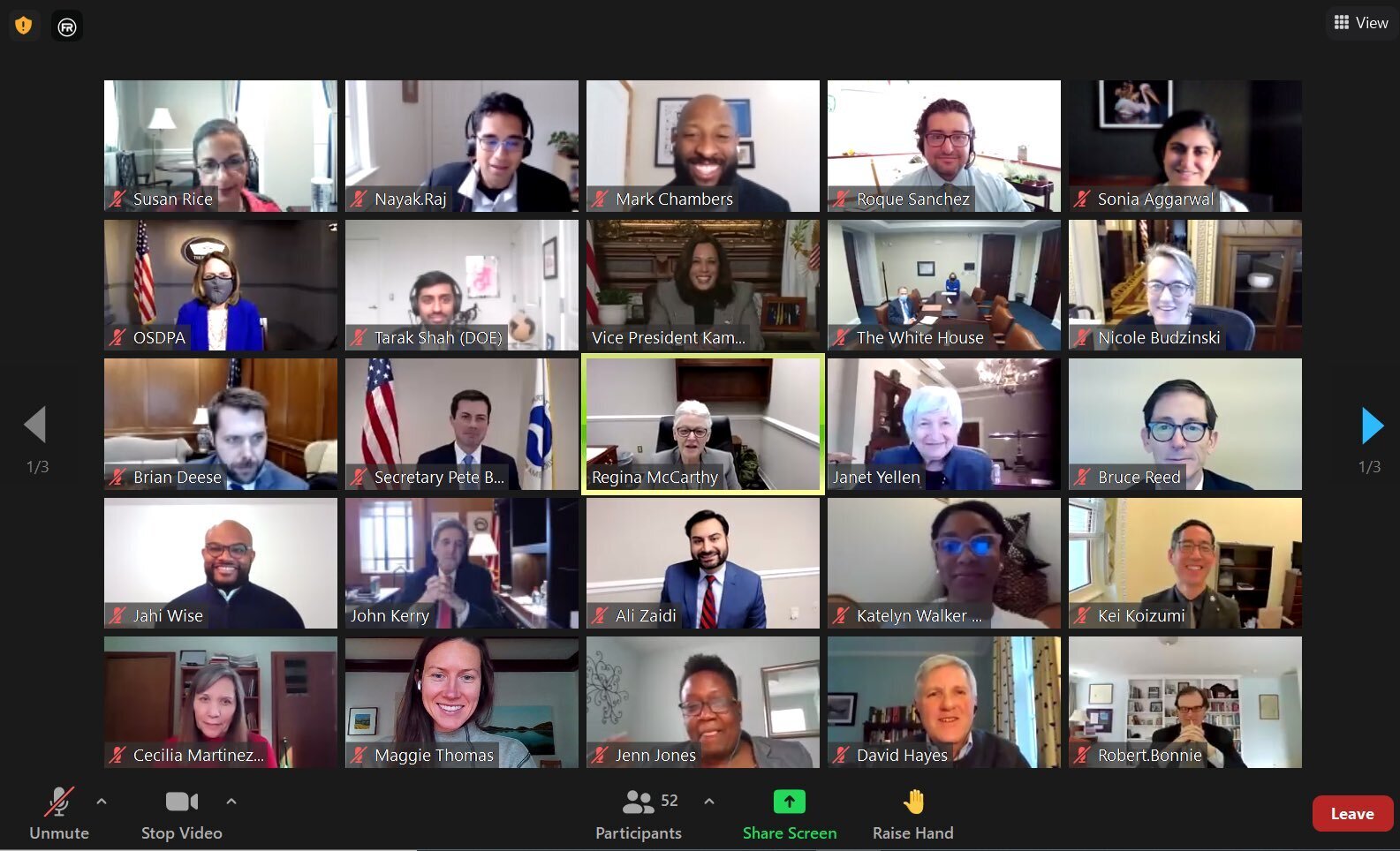 The White
House National Climate Task Force, formed by a recent
The White
House National Climate Task Force, formed by a recent 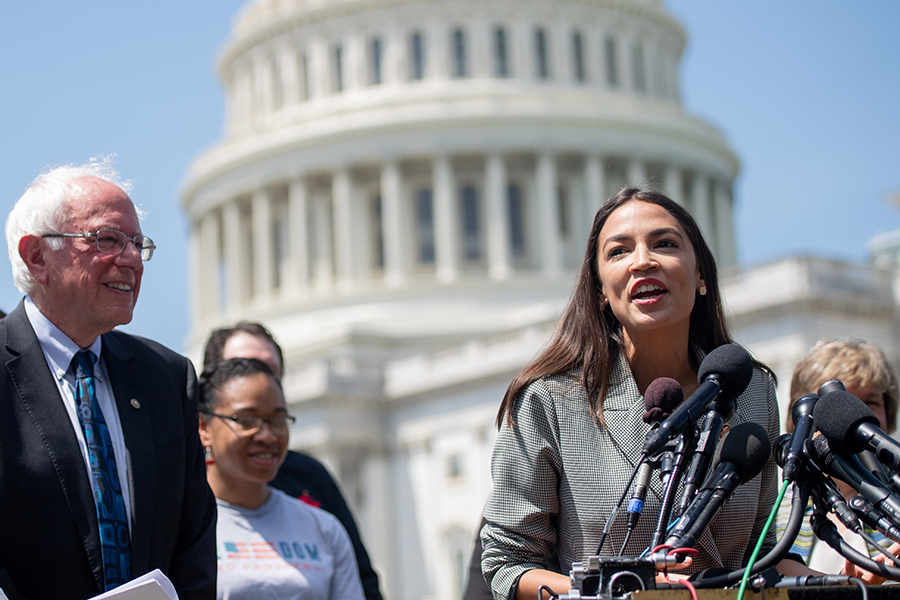 Legislation
introduced today by Reps. Earl Blumenauer (D-Ore.) and Alexandria
Ocasio-Cortez (D-N.Y.) and Sen. Bernie Sanders (I-Vt.) calls on the
President of the United States to declare a national climate emergency
and begin taking action in line with the goals of the
Legislation
introduced today by Reps. Earl Blumenauer (D-Ore.) and Alexandria
Ocasio-Cortez (D-N.Y.) and Sen. Bernie Sanders (I-Vt.) calls on the
President of the United States to declare a national climate emergency
and begin taking action in line with the goals of the 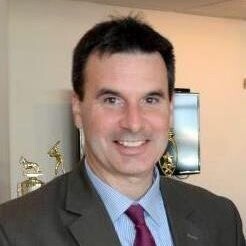 The Department
of Defense has named Joseph Bryan its
The Department
of Defense has named Joseph Bryan its  Administration names Gavin Schmidt, Robert Bonnie, Sonal Larsen, Satyam
Khanna climate advisors (clockwise from top left)
Administration names Gavin Schmidt, Robert Bonnie, Sonal Larsen, Satyam
Khanna climate advisors (clockwise from top left)
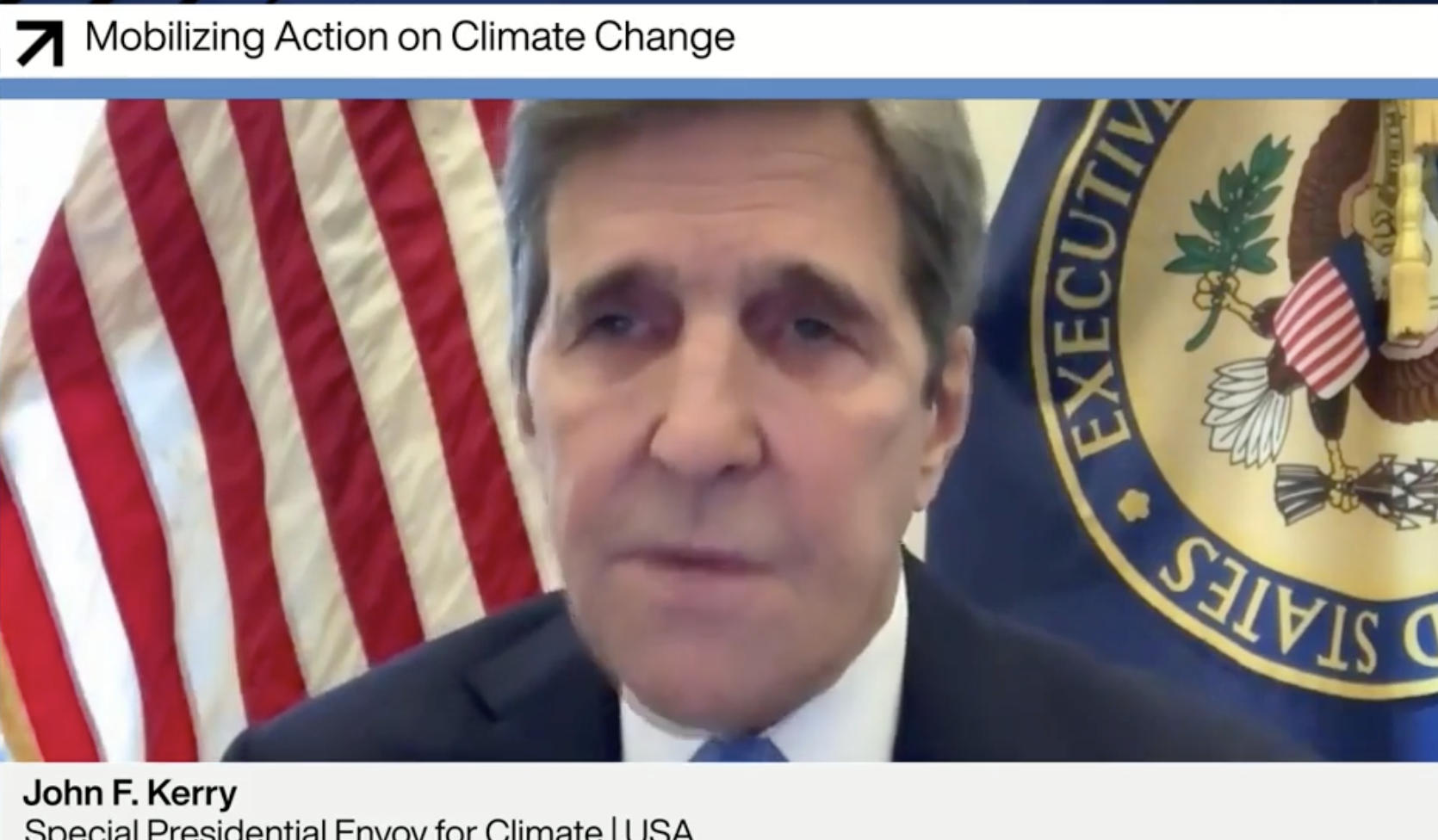 Speaking at the
Davos World Economic Forum, US Climate Envoy John Kerry offered a strong
critique of natural gas: “Gas is primarily methane, and we have a huge
methane problem, folks.”
Speaking at the
Davos World Economic Forum, US Climate Envoy John Kerry offered a strong
critique of natural gas: “Gas is primarily methane, and we have a huge
methane problem, folks.”